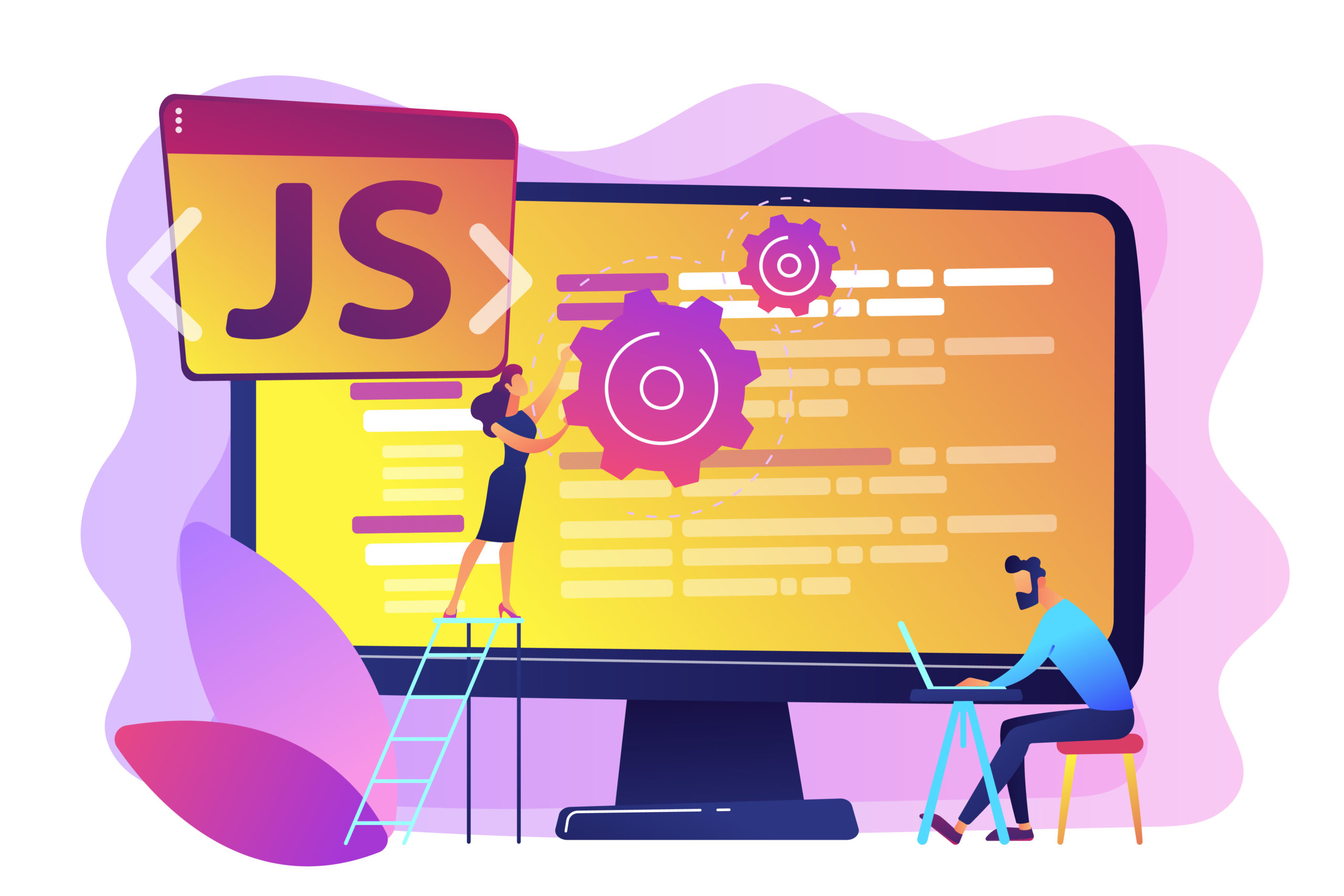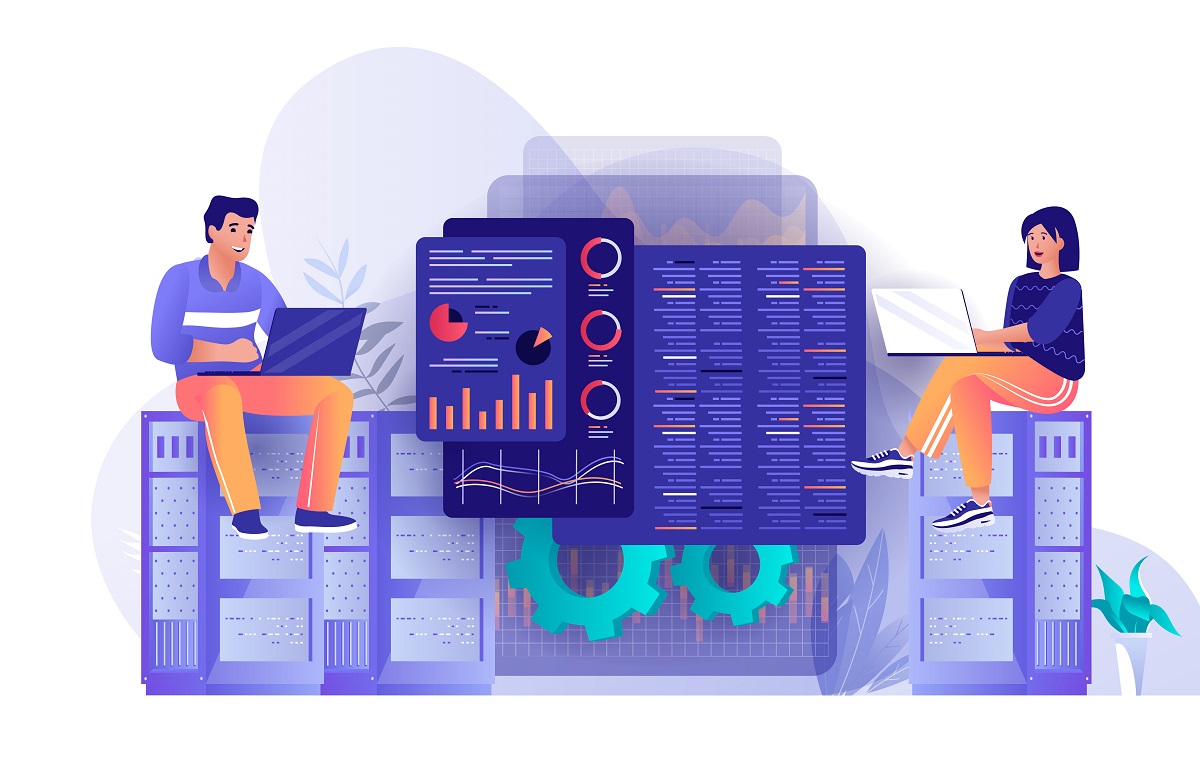Remote Interviews , Remote Staffing
Do’s and Don’ts for remote interviews for software developers
Dressing up for an interview and traveling with a folder with your resume and accolades...
Businesses, be it startups or established Enterprises, often find themselves at crossroads regarding developer hiring. The dilemma is majorly about whether to go with Full stack developers or Specialized developers. A Full Stack developer does it all, whereas a specialized developer holds a dedicated set of skills and focuses only on one aspect.
A specialized developer with astute expertise in an area will know its intricate details inside-out. A Full Stack developer can handle both frontend and backend but doesn’t specialize in either. As an organization looking to hire in-house or remote developers, you need the best understanding of both. Read through the write-up, review the pros and cons of each, and learn which one serves you best.
Specialized developers: Specialized developers have mastered one discipline really well. Their focus on one area has led them to acquire a high level of comprehensive expertise and exposure in either frontend or backend development of a website or an application. They have extensive knowledge because they have trained and specialized in that specific stack their entire career.
Full Stack developers: Full Stack developers know all about the frontend and the backend. This is a resource a business can utilize to handle both sides of a website or a native application. In essence, such developers can manage the functionality and cosmetic side of things. For their diverse skillsets, they are high in demand in most industries.
Specialized developers: Compared to Full Stack developers, specialized developers have a limited set of skills. Due to only focusing on one aspect, they possess abilities specific to that. Frontend Specialized developers know all about Vue.js, Angular, Node.js, & React and work superbly well with managing the User Interface (UI) and User-Experience (UX). Backend Specialized developers have master-level familiarity in PHP, Java, and .NET.
Full Stack developers: Full Stack developers are well-versed in multiple languages and technologies. From Frontend development in Vue.js, Angular, and Node.js, Backend development in PHP, Java, Redis, and .NET, and markup languages such as CSS and HTML.
They also possess a high level of Database knowledge around MySQL, Firebase, MongoDB, PostgreSQL, etc., Quality Analysis (QA), and software testing with Selenium, Katalon studio, and Postman; these developers have an extensive skill set. They are also fluent with servers, networks, and hosting.
If you are in the market for an Angular developer and don’t know where to begin, here’s our guide to hiring Angular developer.
Listed below are the top arguments for hiring a Specialized developer and the reasons that make a Full Stack developer not so preferable:
1. Familiarity with Latest Trends: Unlike Specialized developers, Full Stack developers have a lot on their plate; therefore, they don’t get the time to keep up with the latest trends and technologies. They aren’t as committed to updating the knowledge, and might not know as much about the latest marketing techniques to boost user experience. Specialized developers work way harder towards upskilling and acquiring more knowledge around the nitty-gritty of their specific stack.
2. Time Tracking: Specialized developers work only on a single facet, which makes it easier to track their hours for billing. Full Stack developers work both Frontend and Backend and conveniently switch between both. It’s hard to know the extent of completion.
Managers generally find it hard to outline, adjust, and track the project’s milestones involving Full Stack developers. Plus, Full Stack developers find it hard to complete the cluster of tasks fast; this exceeds the likelihood of delivering projects a little late compared to when you have dedicated experts.

3. Ownership of the project: Segregating tasks or distributing responsibilities is much easier for specialized developers. Each specialized developer takes the onus of their duties, making it easier to know who is doing what and how much of it has been done. You can divide the project into individual tasks for specialized developers. Full Stack developers work on huge portions rather than dividing the project into sub-tasks.
4. Ease of hiring: A Full Stack is expected to know both the frontend and backend equally well. Not many developers can specialize and dedicate themselves to mastering technologies on either side. You are less likely to come across qualified and experienced Full Stack developers, which is why most firms prefer to opt for specialized developers, much more effortless to hire.
Listed below are the top arguments for hiring a Full Stack developer and the reasons that make a Specialized developer not so preferable:
1. Management and Coordination: Seeing as a Full Stack developer handles both the frontend and backend, the level of coordination with outside teams is close to zero. Full Stack developers take complete ownership of the project – they own every little aspect from start to finish. Unlike with Specialized developers, the dependencies on other team members to fulfill tasks comes down heavily.
2. Cost: Specialized developers cost less than Full Stack developers. Per head, you will pay less than what you would shell out on a single Full Stack developer. In fact, according to Indeed, a Full Stack Developer in the US makes somewhere around $100,965 in a year, compared to a single specialized developer that makes around $92,721. But, if you need developers on both sides, then a Full Stack developer becomes cheaper.
3. Flexibility: Full Stack developers have complete visibility of the frontend and the backend of a project. This makes it easier for them to stay agile and flexible through the project course and attend to areas on will. Essentially, they can switch to either side depending on their current priority. Specialized developers can only focus on their side of things.
4. Know it all: A Full Stack developer is essentially a Jack of all trades. A Full Stack developer knows his frontend just as well as the backend. Being able to handle tasks on both sides makes them the ideal choice for projects that require modifications on both ends. Their expertise in various areas makes them more capable of handling a project of that magnitude. A specialized developer can only address one end.
1. Quality: Any shortcomings where the final project deviates from the pre-decided specifications will not go down well with your clientele. In contrast, quality projects that exceed expectations usually result in a higher Customer Lifetime Value (CLV). If you want a glitch-free deployment and run, hire sophisticated and domain-specific Specialized developers to handle the task. The quality will mostly come out superior when working with Specialized developers.
2. Business size: If you are a startup, the likelihood of landing colossal projects is generally low. A smaller project won’t be too resource-heavy. Thus, relying on a Full Stack developer to oversee the job makes absolute sense. Most Small and Medium Businesses (SMBs) prefer to depend on a Full Stack developer rather than hiring a team of Specialized developers.
3. Complexity: If the project roadmap looks challenging, instead of entrusting a single Full Stack developer with all the responsibilities, go with a specialized developer for both frontend and backend. Certain complex tasks can be time and cost-intensive. Thus, letting a single resource handle both ends may not be the most intelligent approach.
Plus, most projects run into hurdles that require proper attention. A Full Stack developer pre-occupied with either of the two ends will find it hard to resolve the issue on one side without burning time on the other end. A high workload with a bunch of unresolved problems can lead to the project crossing the deadline – resulting in fines and ruined client relationships.
4. Time Constraint: Whether you go with Agile, Waterfall, Scrum, or any other project methodology, time is the one factor you can’t overlook. For a project cycle that runs past its due date, time to market will be longer, and a delayed deployment can affect your chances of capitalizing on a sudden market opportunity. This is why assigning the right resources is essential.
If the project requires work on both frontend and backend, then a Full Stack developer may find it hard to work on both – only one side gets done at a time. Whereas multiple specialized developers working simultaneously on both ends will finish work sooner. Specialized developers are very experienced in the art of closing tasks in their respective areas faster.
1. Size of Project: If it’s a smaller project, a single Full Stack developer can handle both frontend and backend simultaneously. But, let’s say you are working on a transactional website or an application with hundreds of customers, numerous products, multiple pages, etc., then it would be best to split the task between two Specialized developers.
2. Budget: Full Stack developers cost more than specialized developers, as they are adept at both frontend and backend. But even then, a single Full Stack developer will cost you less than two Specialized developers, and they can be just as effective. So, if you are on a tight budget, then opting for a well-rounded Full Stack developer makes more sense.
3. Possibility of Iterations: There will be projects that start as something with the milestones changing on the go. Here’s when Full Stack developers can help. They can multi-task, cope with changes, and subsequent modifications to either side. Ensuring optimum quality on the frontend and backend with varying objectives can be demanding, but a Full Stack can get it done faster.
However, if all the changes are likely to happen in one area, opt for a Specialized developer. But, remember that Specialized developers are not as flexible or accustomed to finishing last-minute requests, handling shorter timelines, or helping clients with disruptions. In contrast, flexibility is a critical advantage of depending on a Full Stack developer. Plus, they can work on either side as need be.
Hiring offshore Full Stack developers or Specialized developers can get confusing. The right hero for your project will ultimately be the one that adapts to your needs, multi-tasks, communicates flawlessly, fixes the issues, and closes the project on time. Whether it ends up being a Full stack developer or a Specialized one depends on many variables. Focus more on getting trustworthy and talented remote developers.
If you are unsure about who to go with, get in touch with us. Our experts and analysts will assess your unique requirements to match you with the best talent. Our unique methodology and staffing framework will select the best offshore frontend developers, offshore backend developers, or offshore Full stack developers as per your project complexity, scope, time, and other parameters.

Dressing up for an interview and traveling with a folder with your resume and accolades...

In the ever-evolving world of technology, Java continues to be a popular and widely used...

Remote work has been around for a while, but the COVID-19 pandemic accelerated its adoption....

Introduction: Case 1: In 2016, Ravi was a college dropout, and his decision to drop...

While degree-based hiring has been the traditional approach, the latest trend in IT recruitment is...

As per Glassdoor Data Engineering ranked in the top 15 of “50 Best Jobs in...

Global advances in technology are increasing the demand for skilled IT professionals at an exponential...

As the trend towards a remote working setup continues to grow, managing such teams has...

Outsourcing IT services has become increasingly popular among companies and business owners looking to expand...